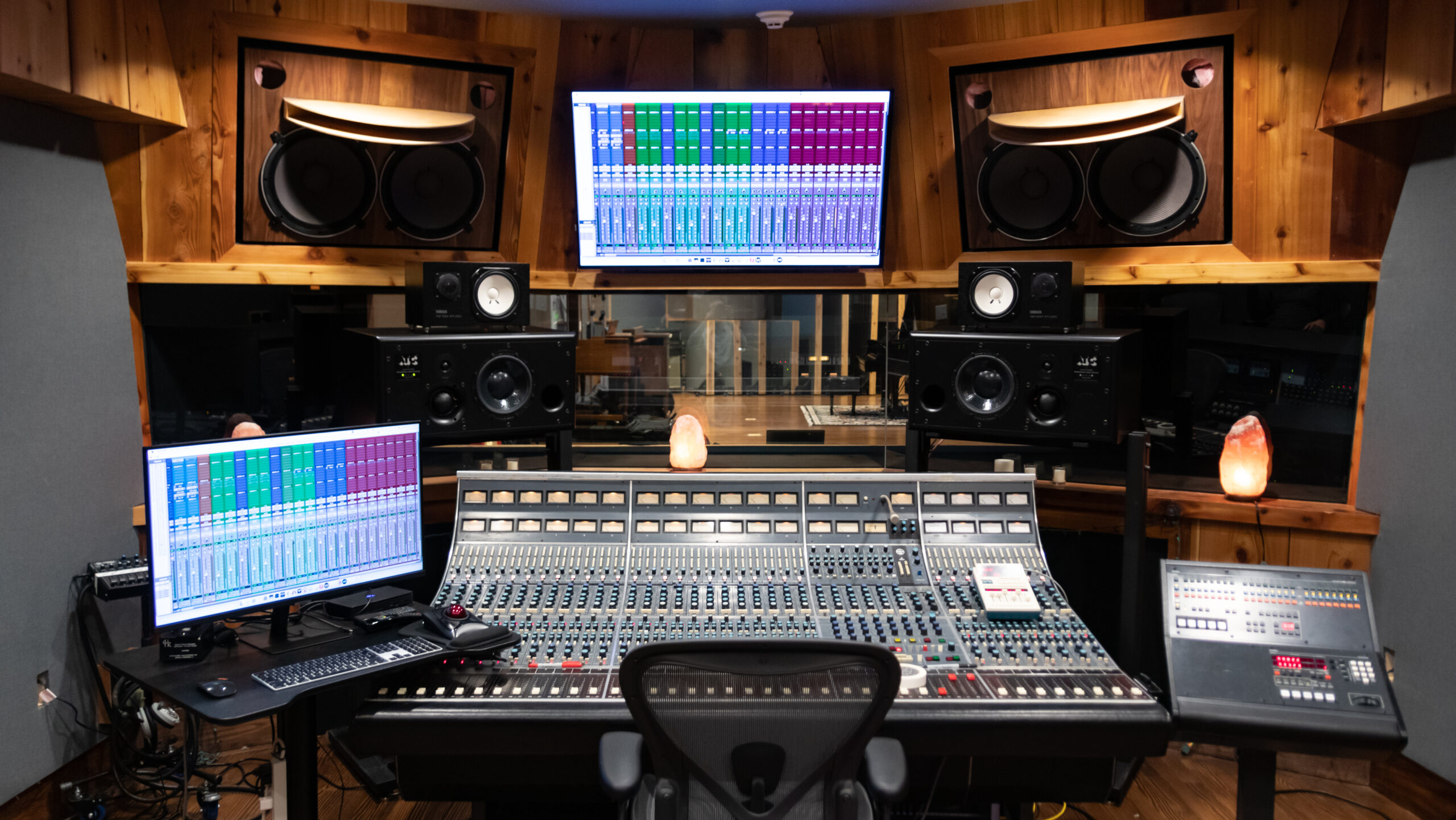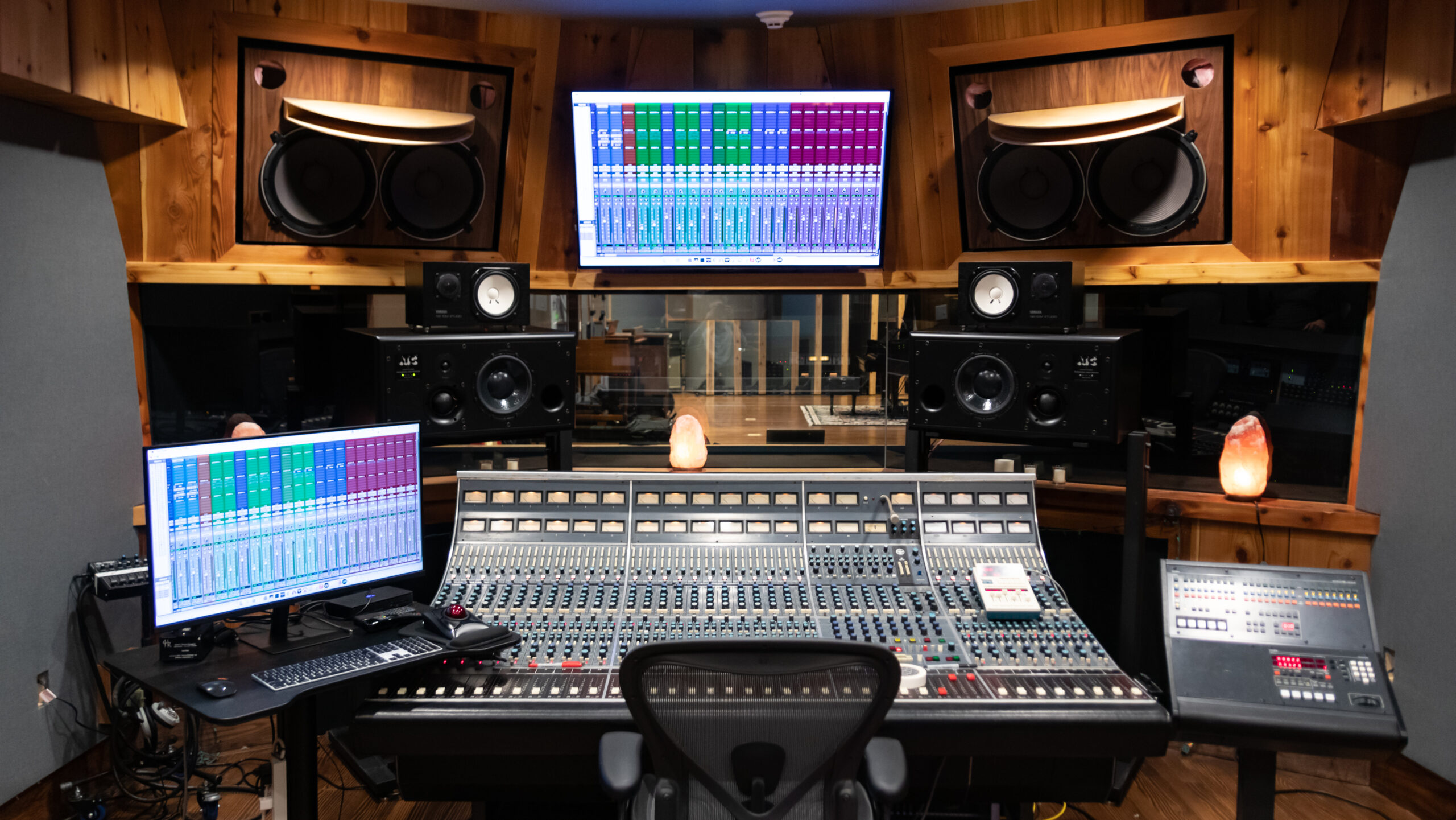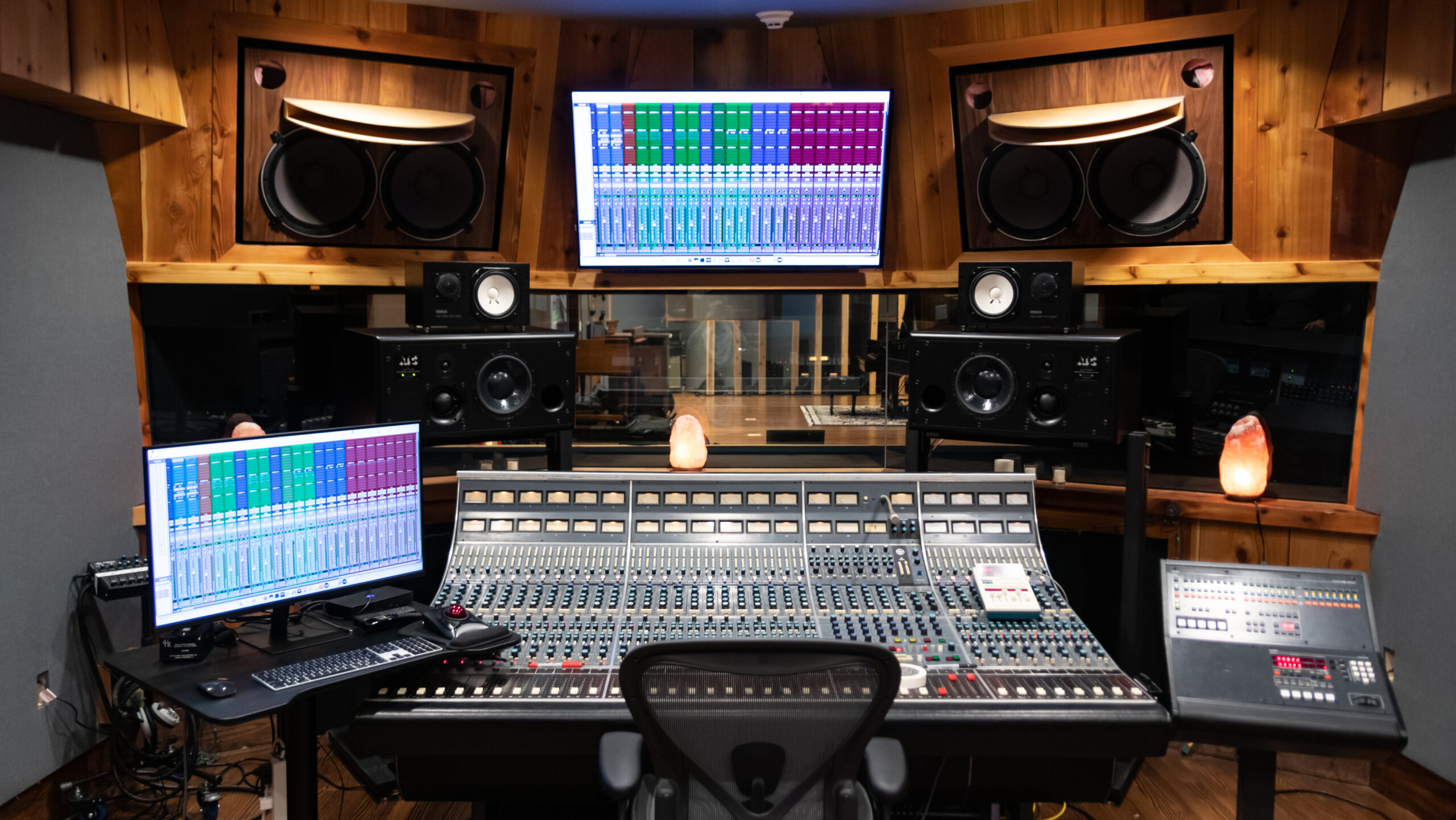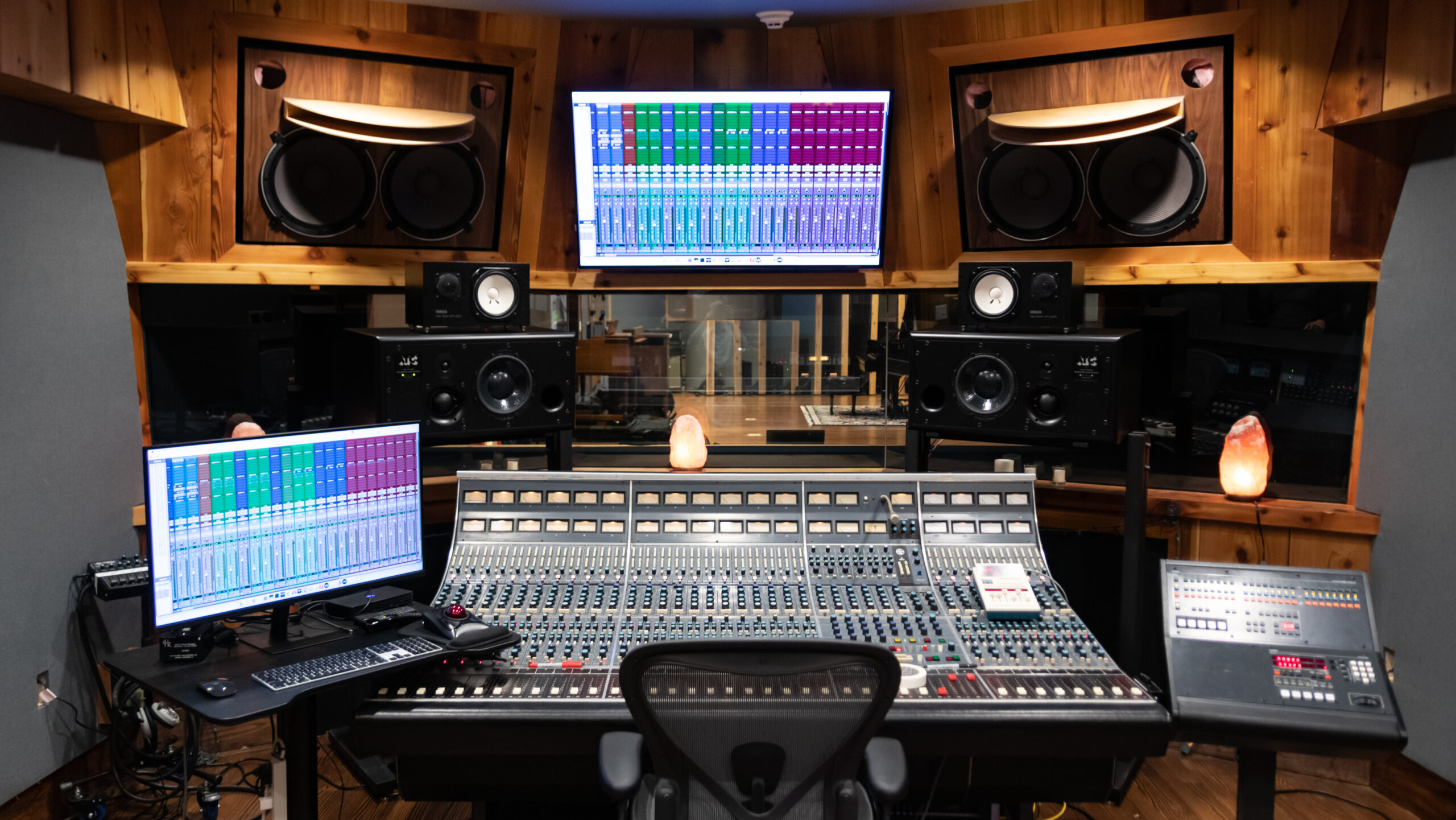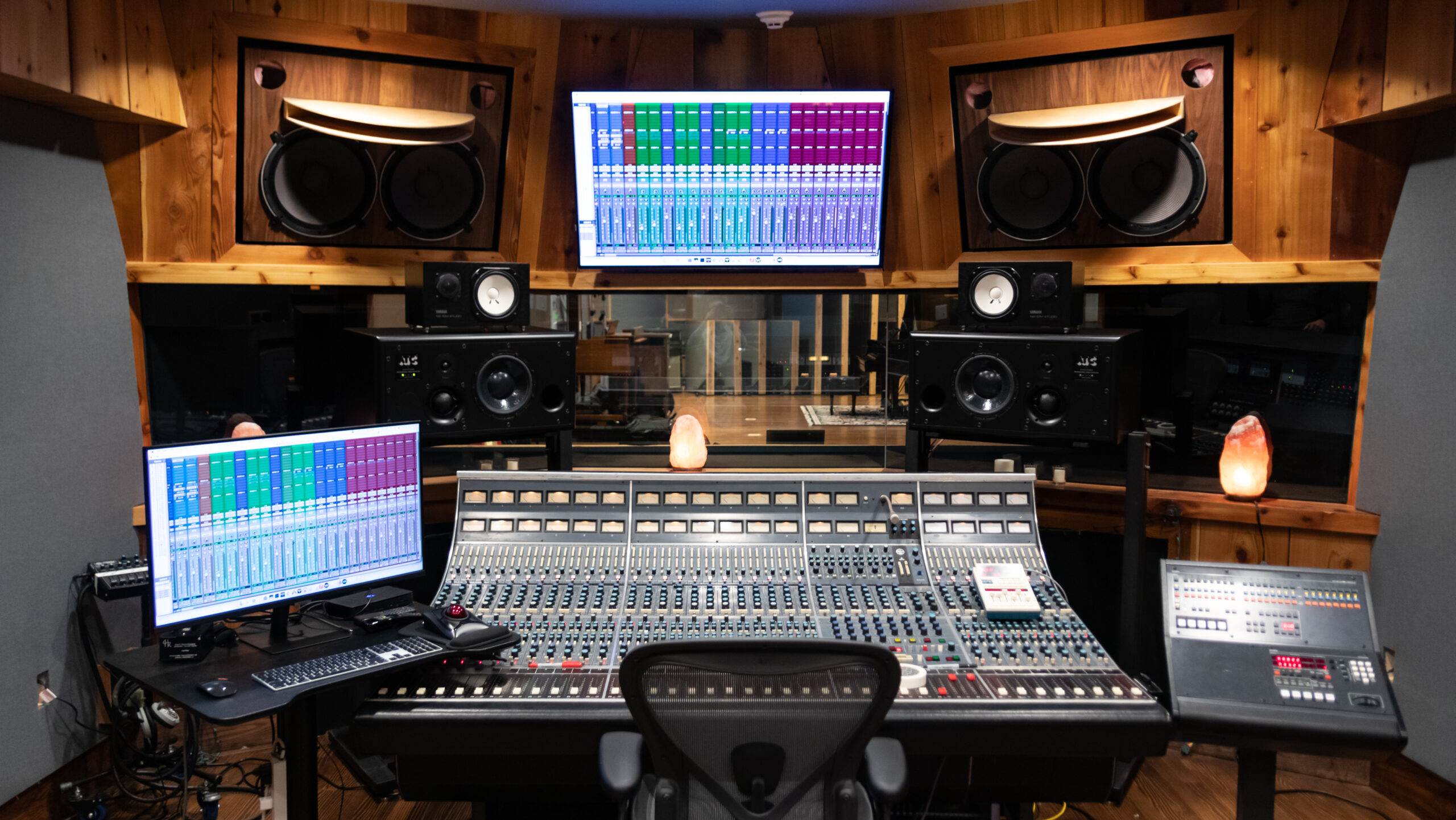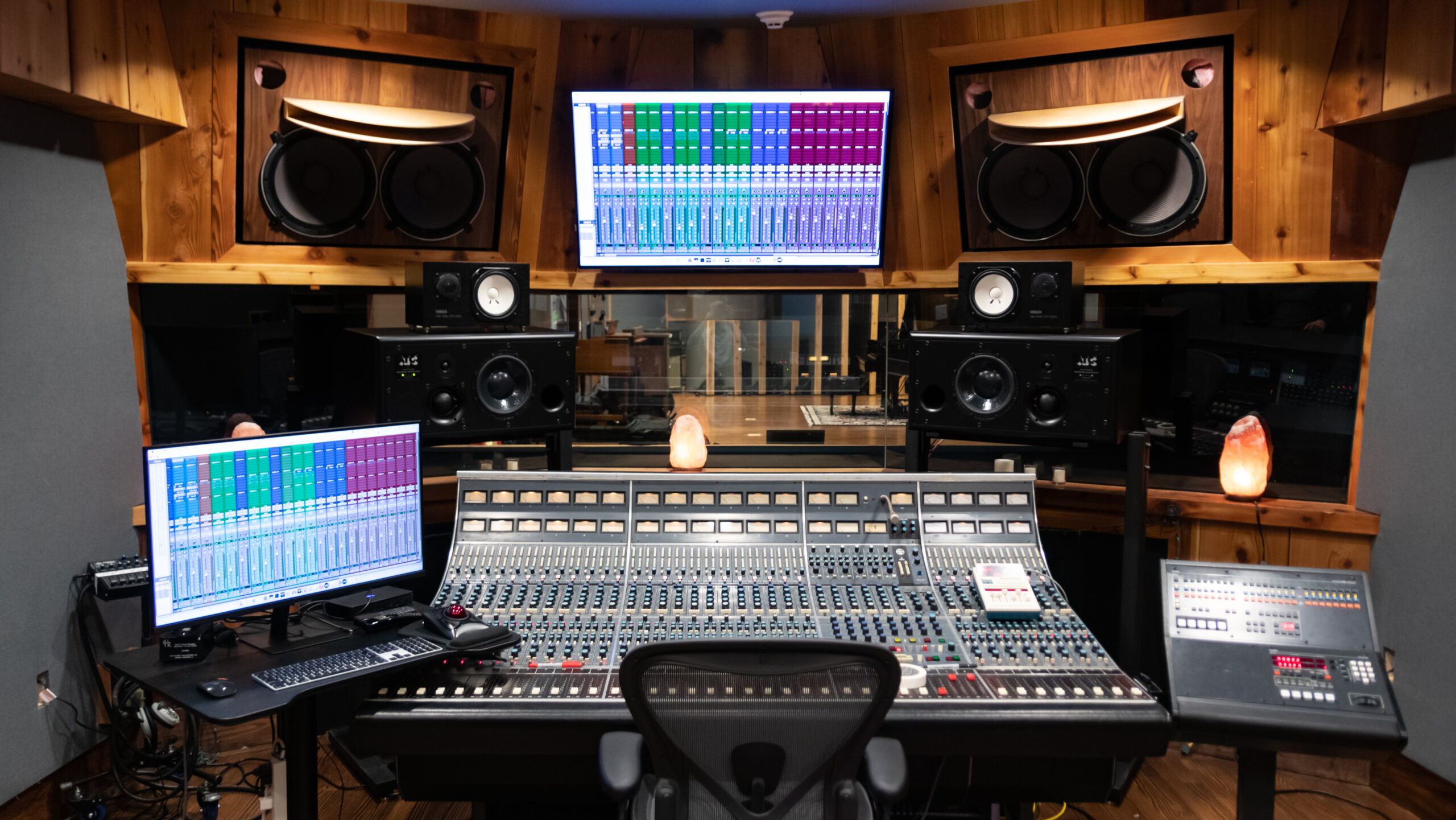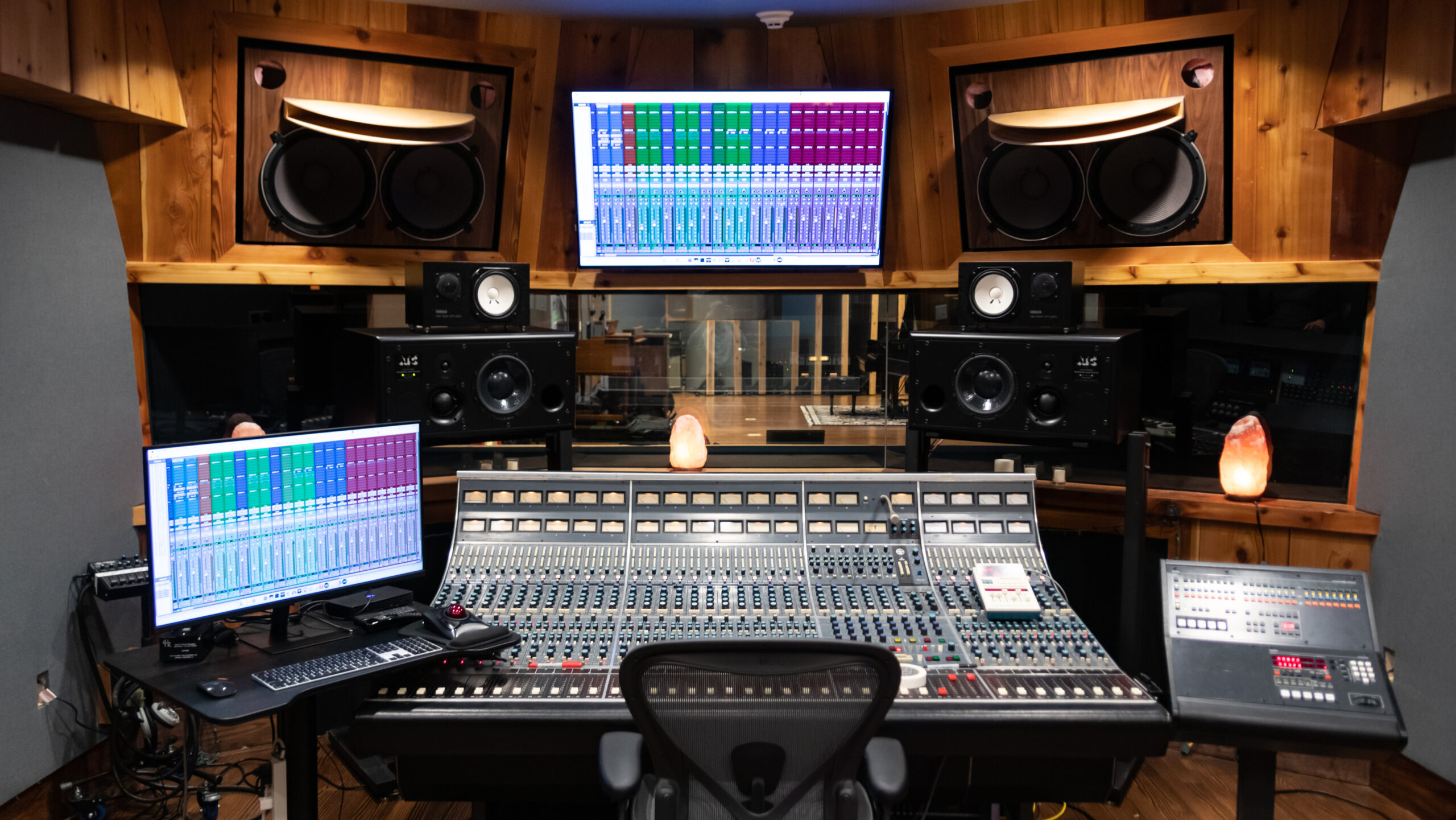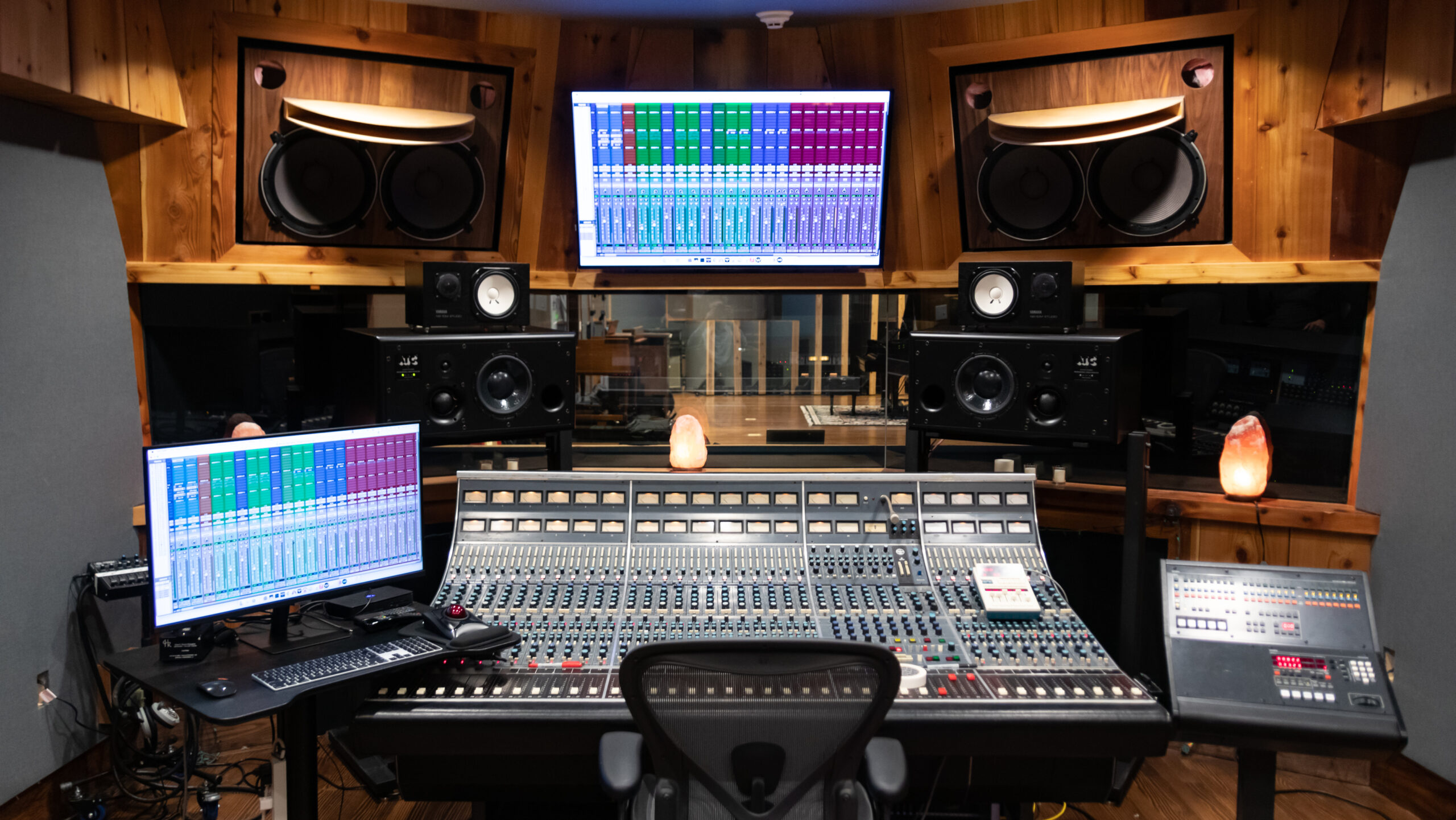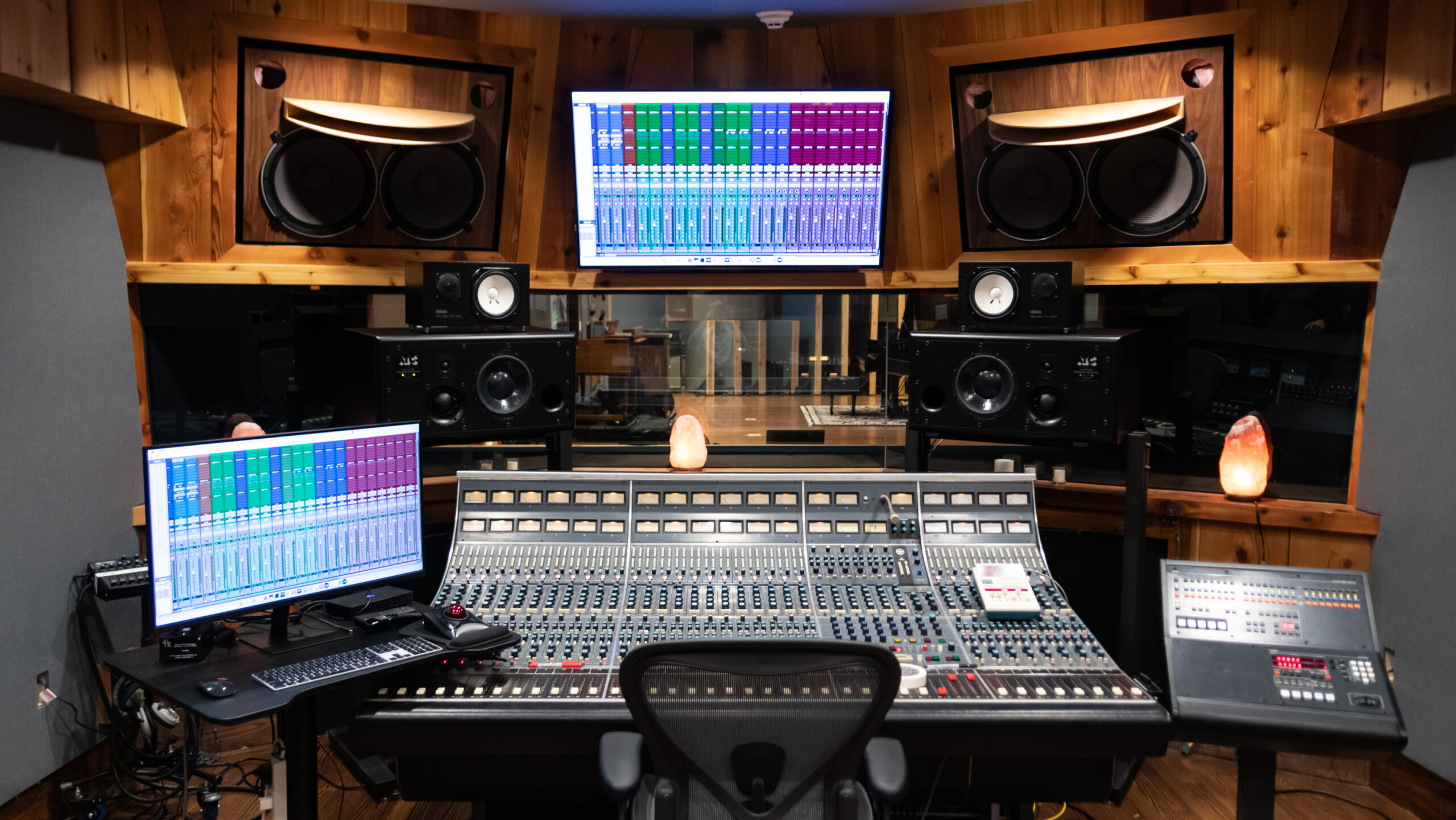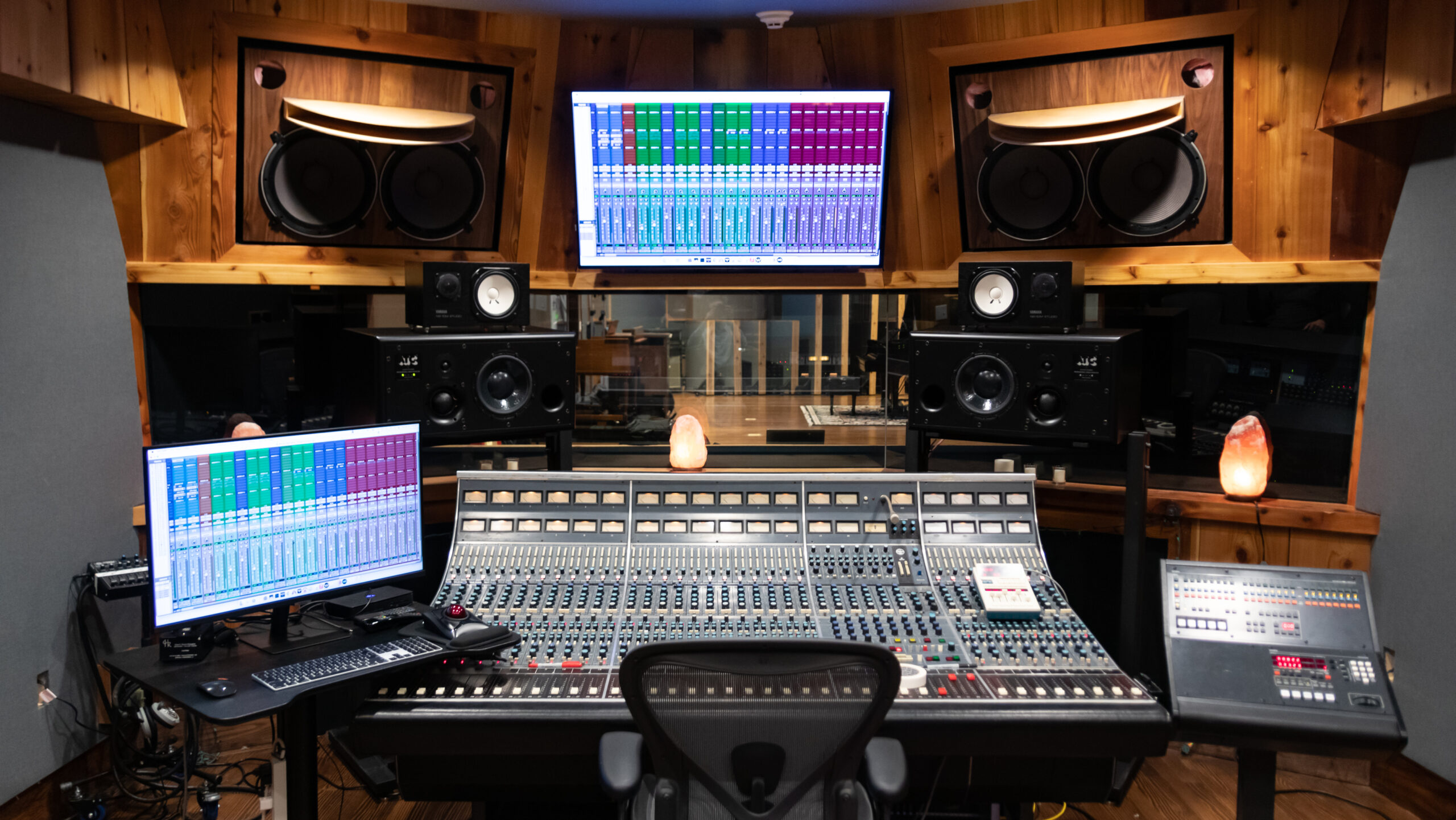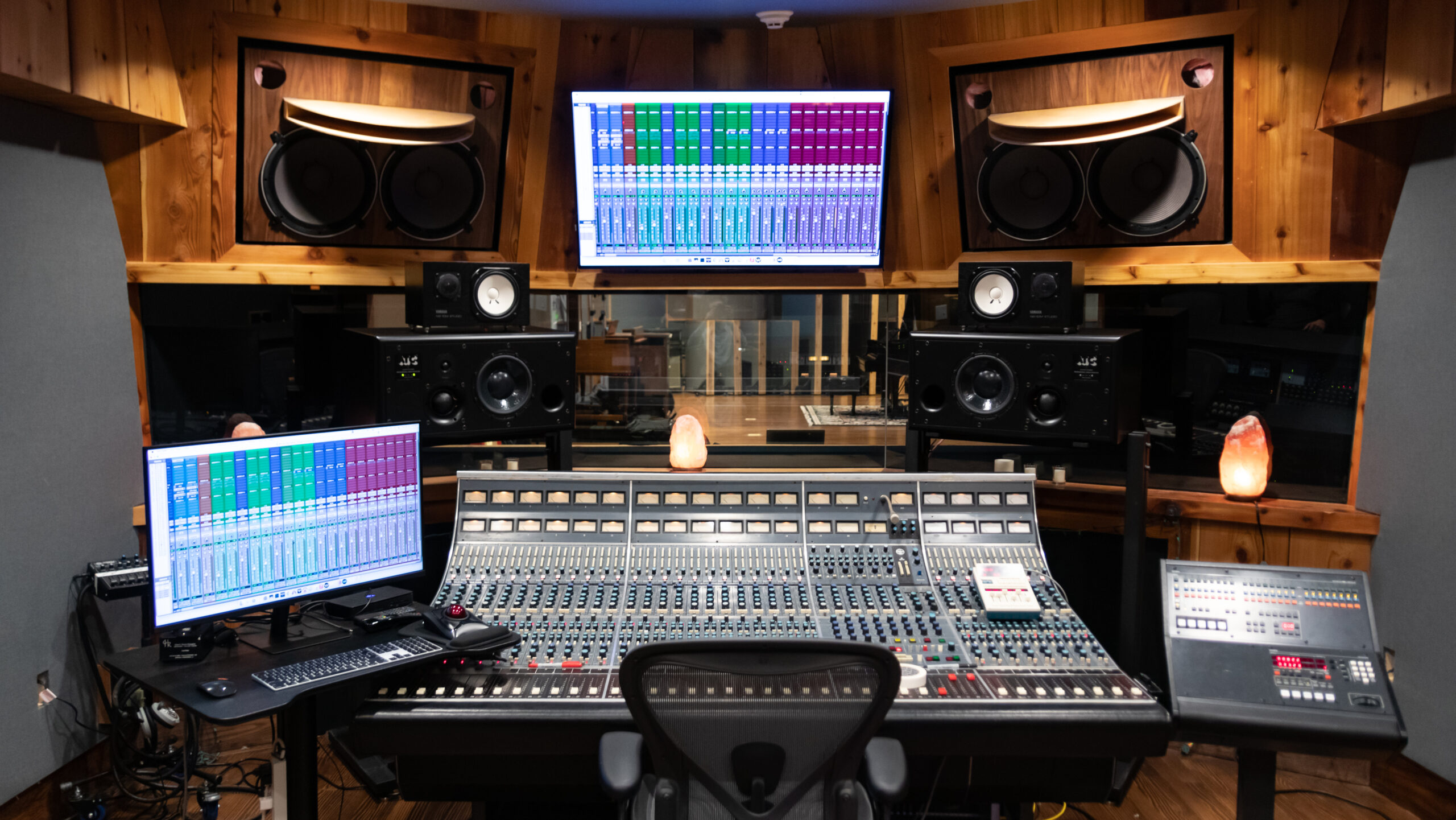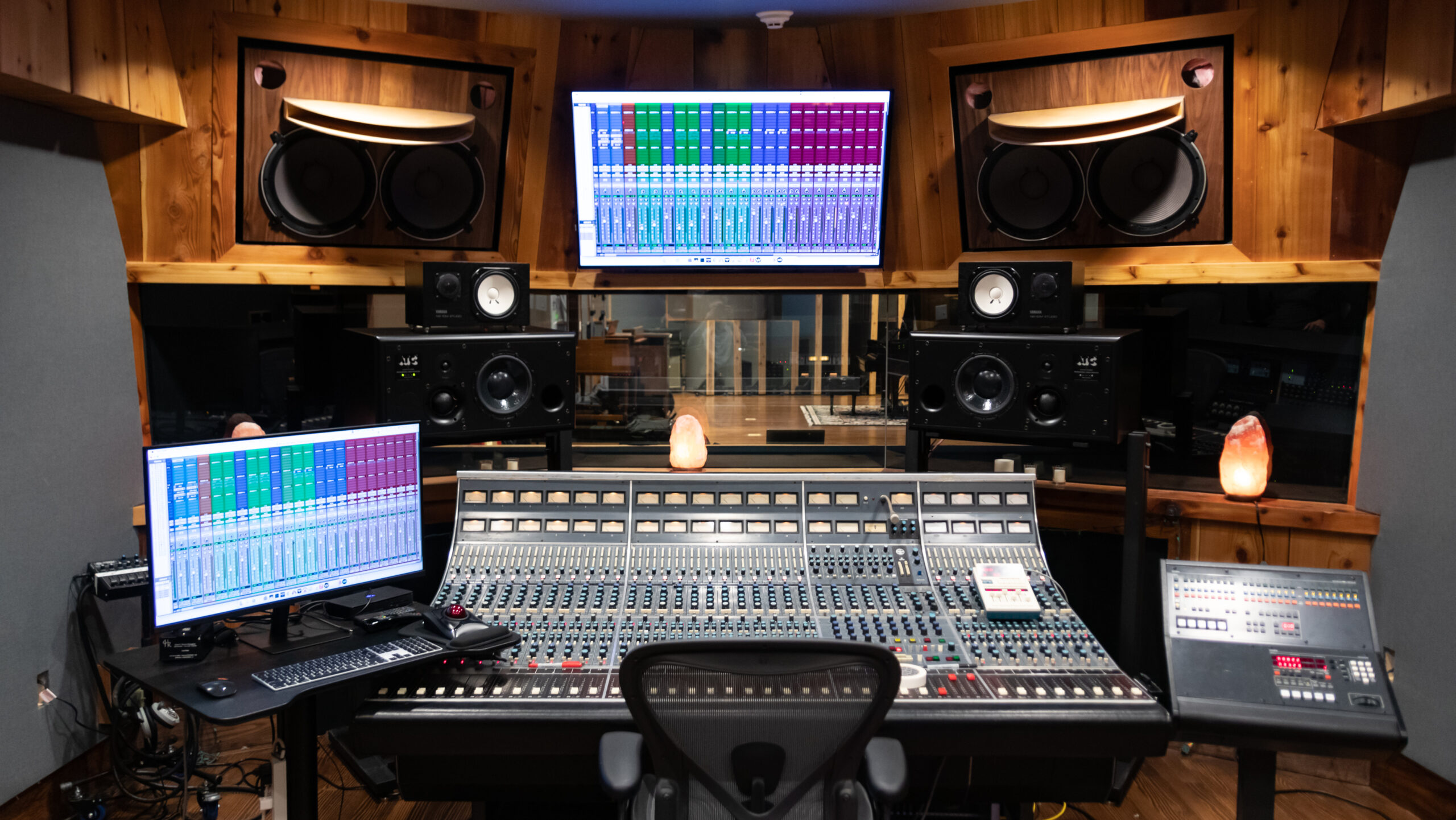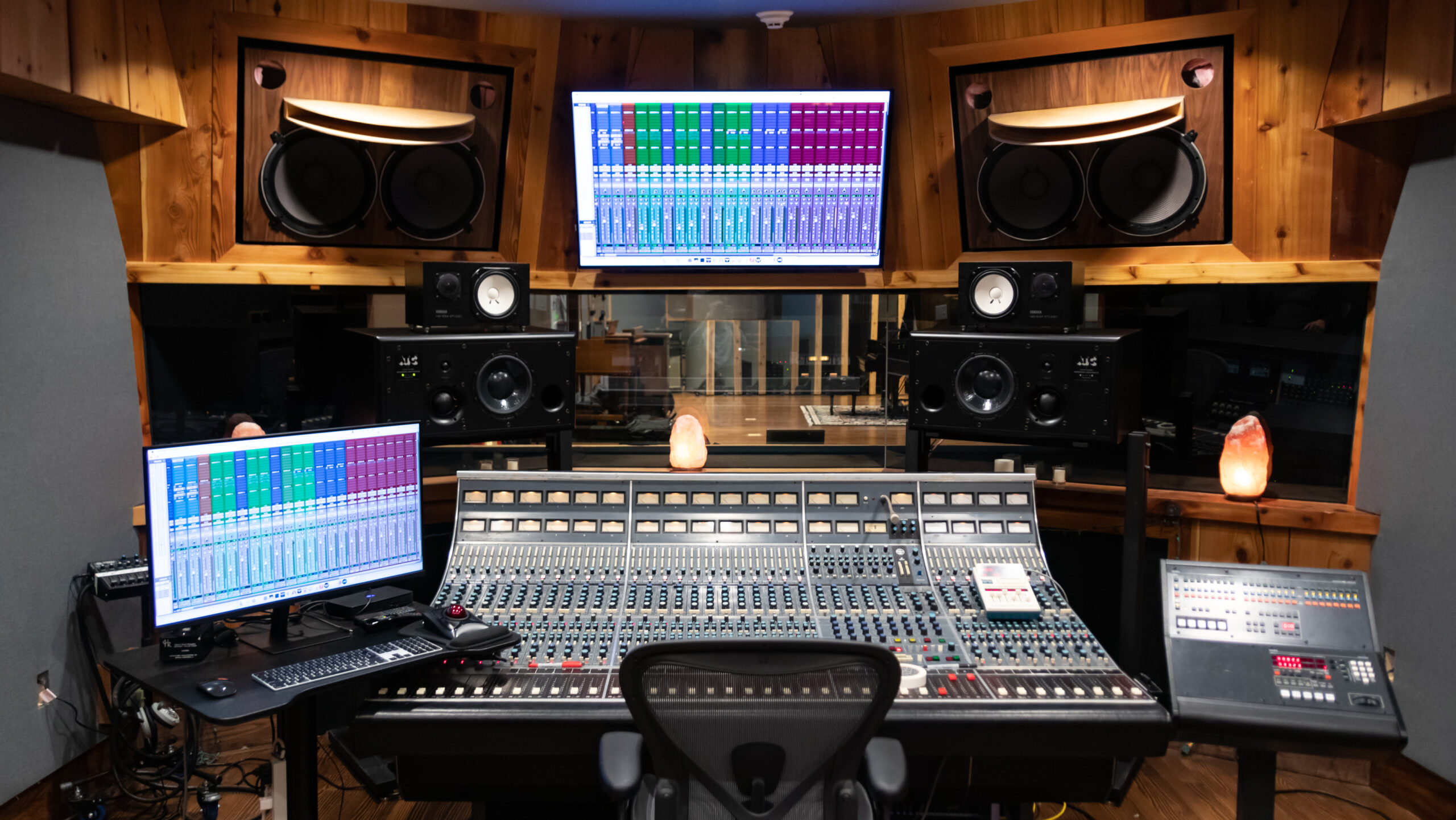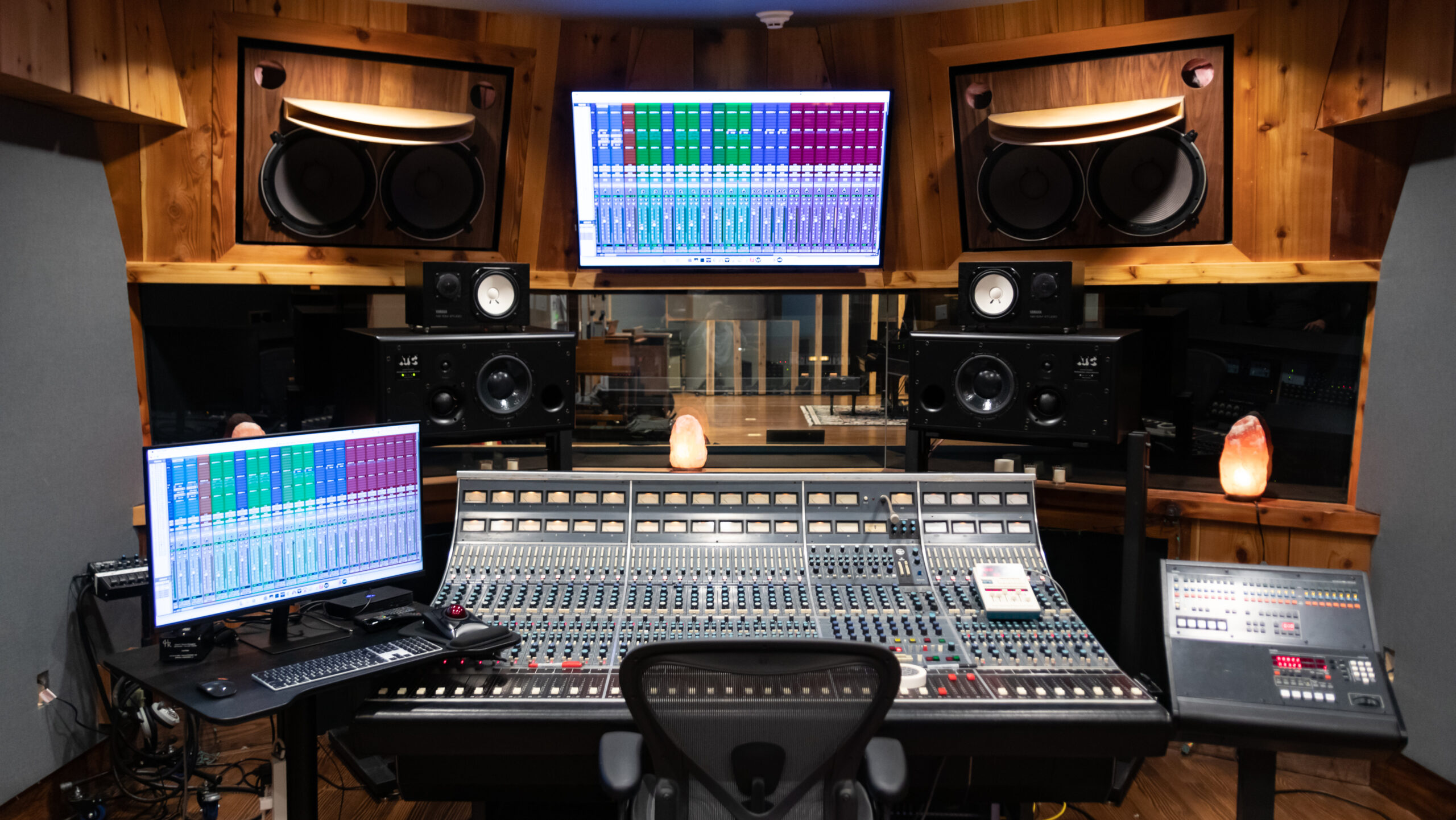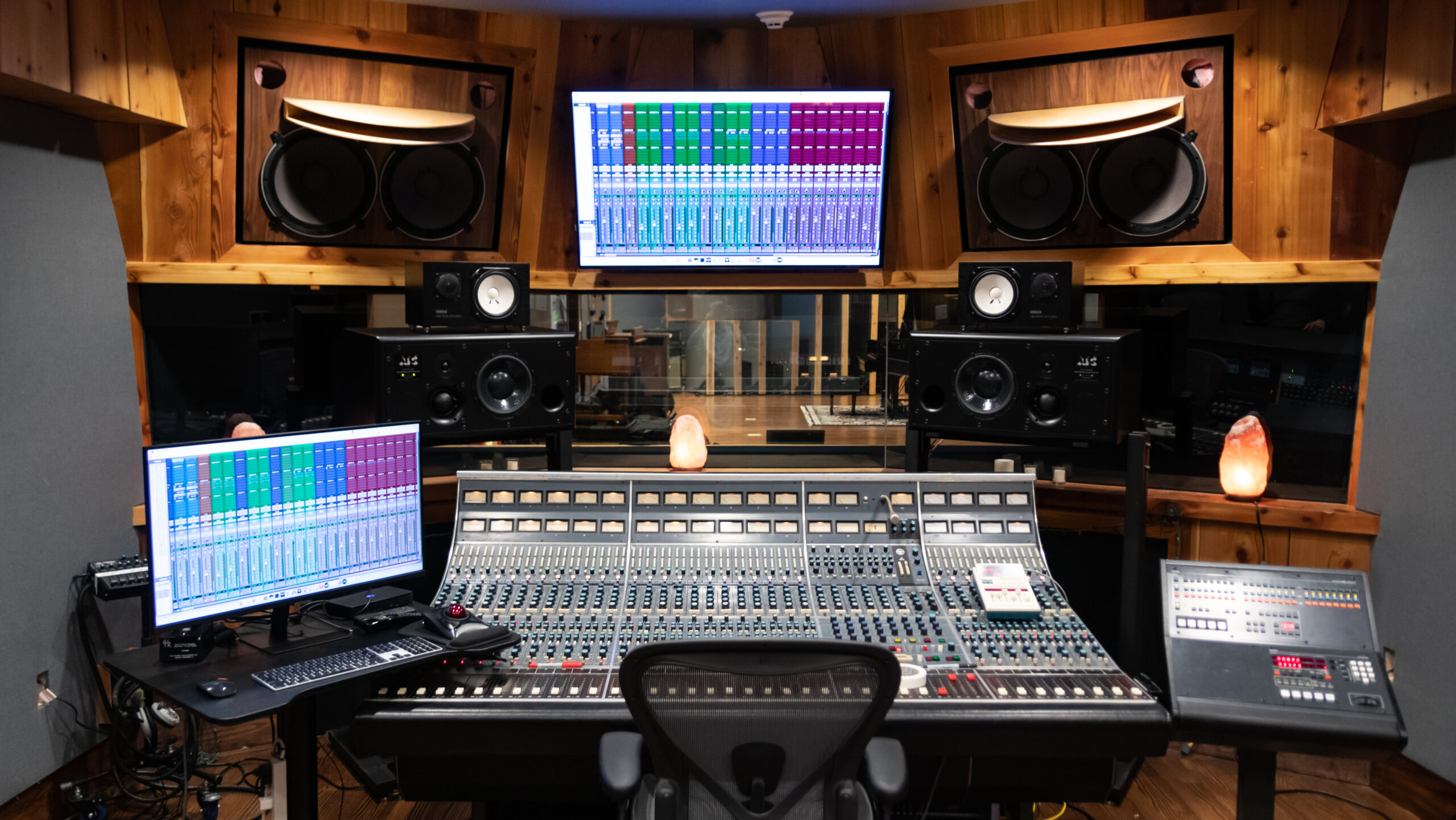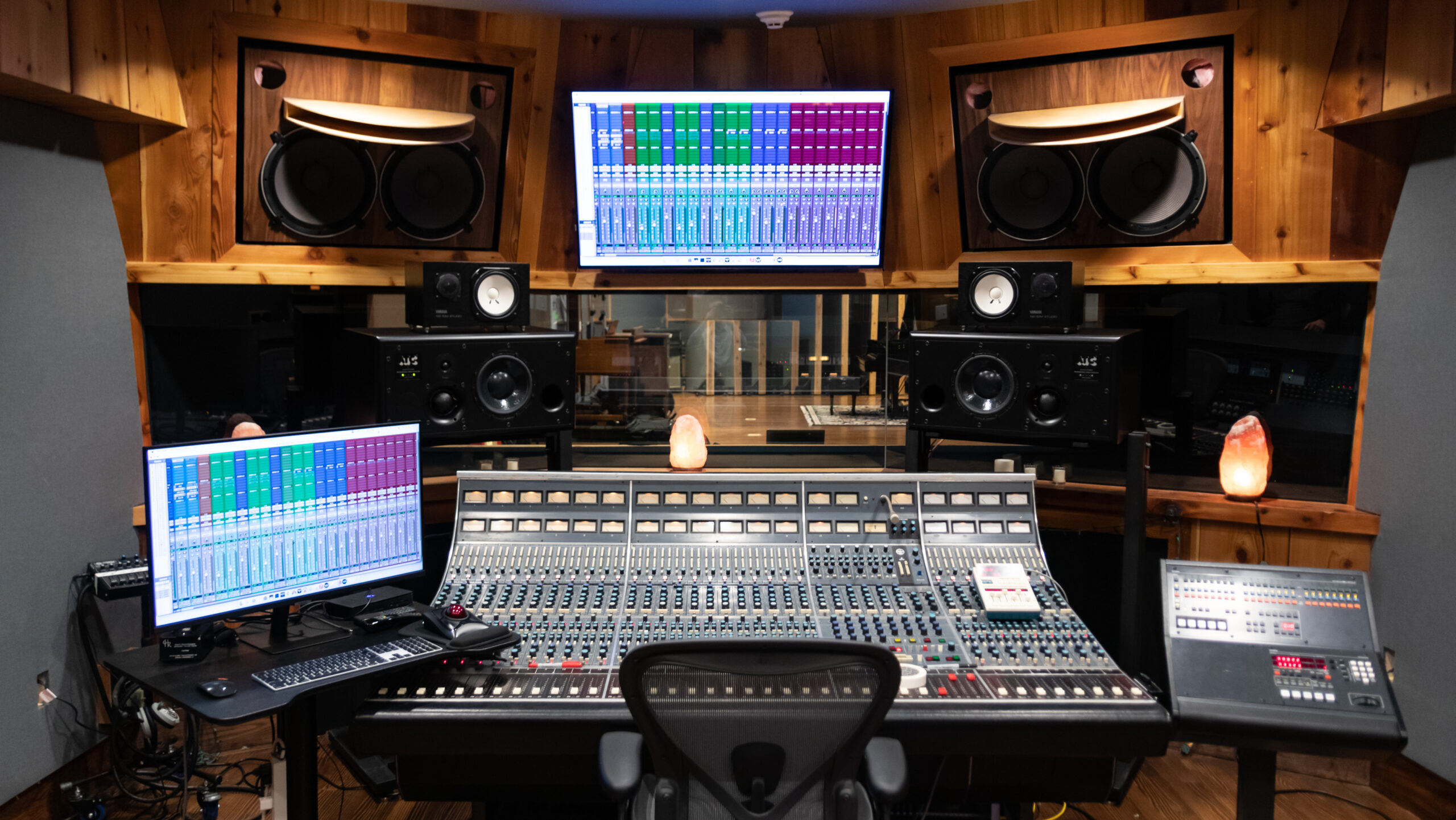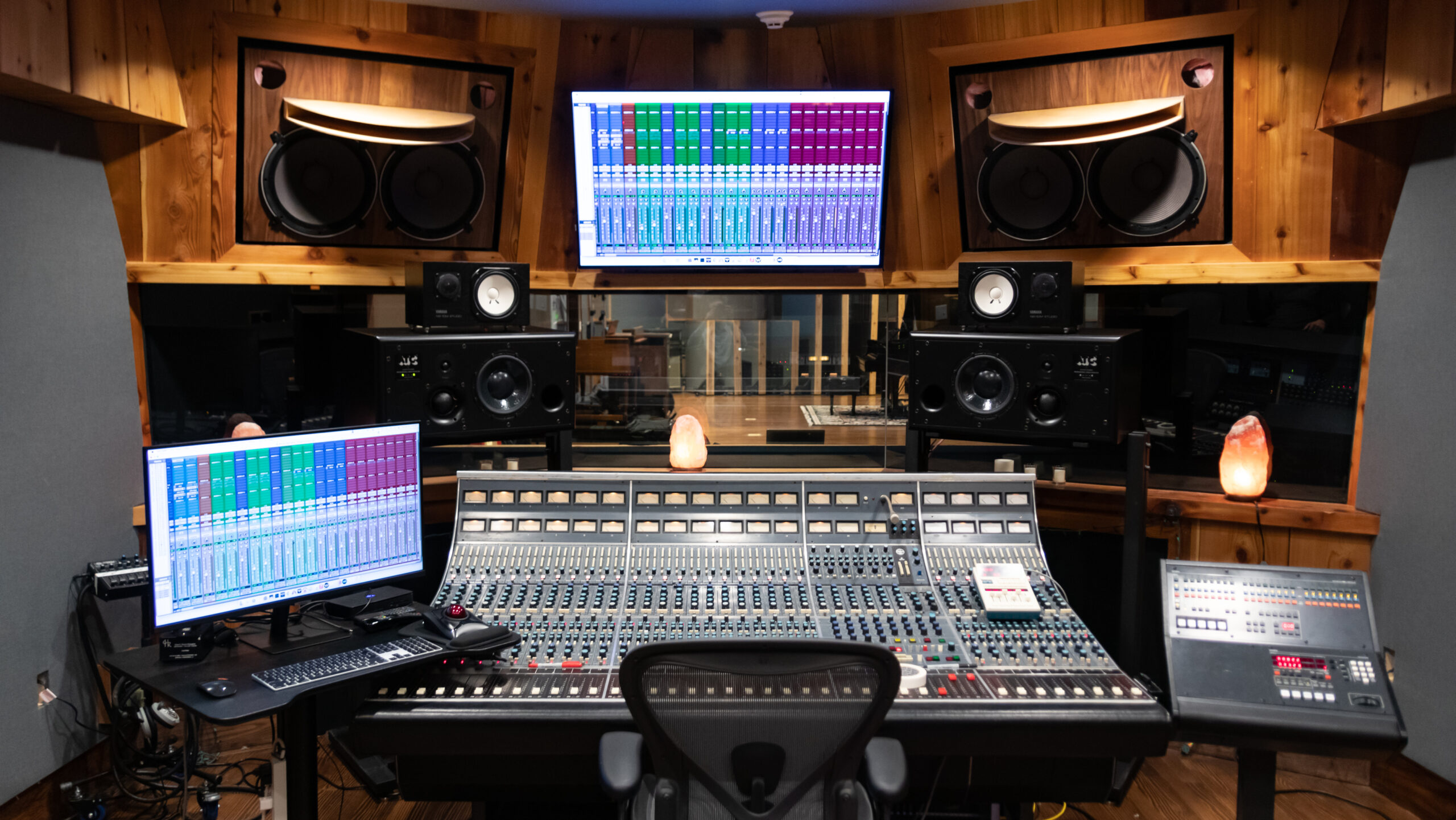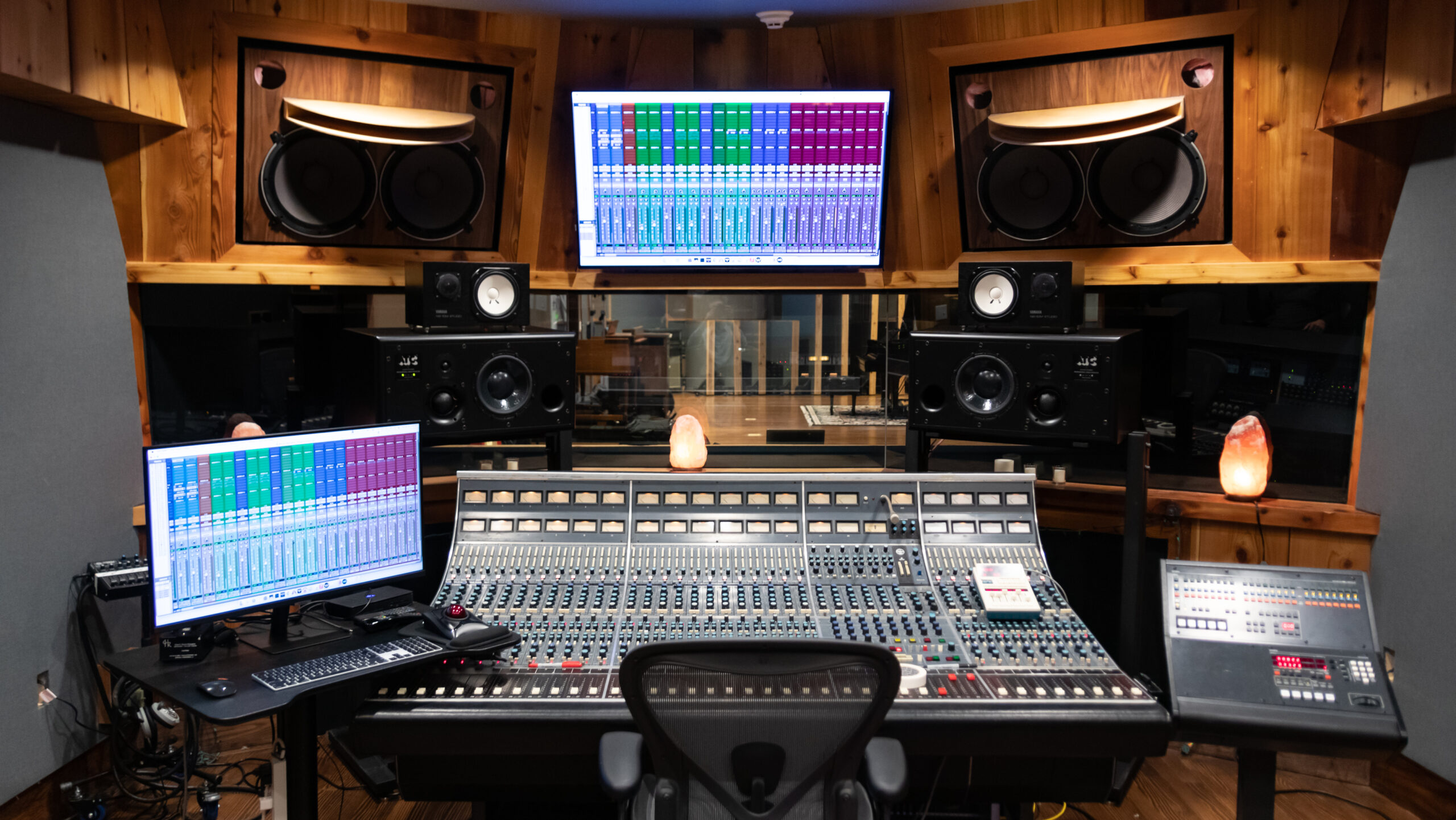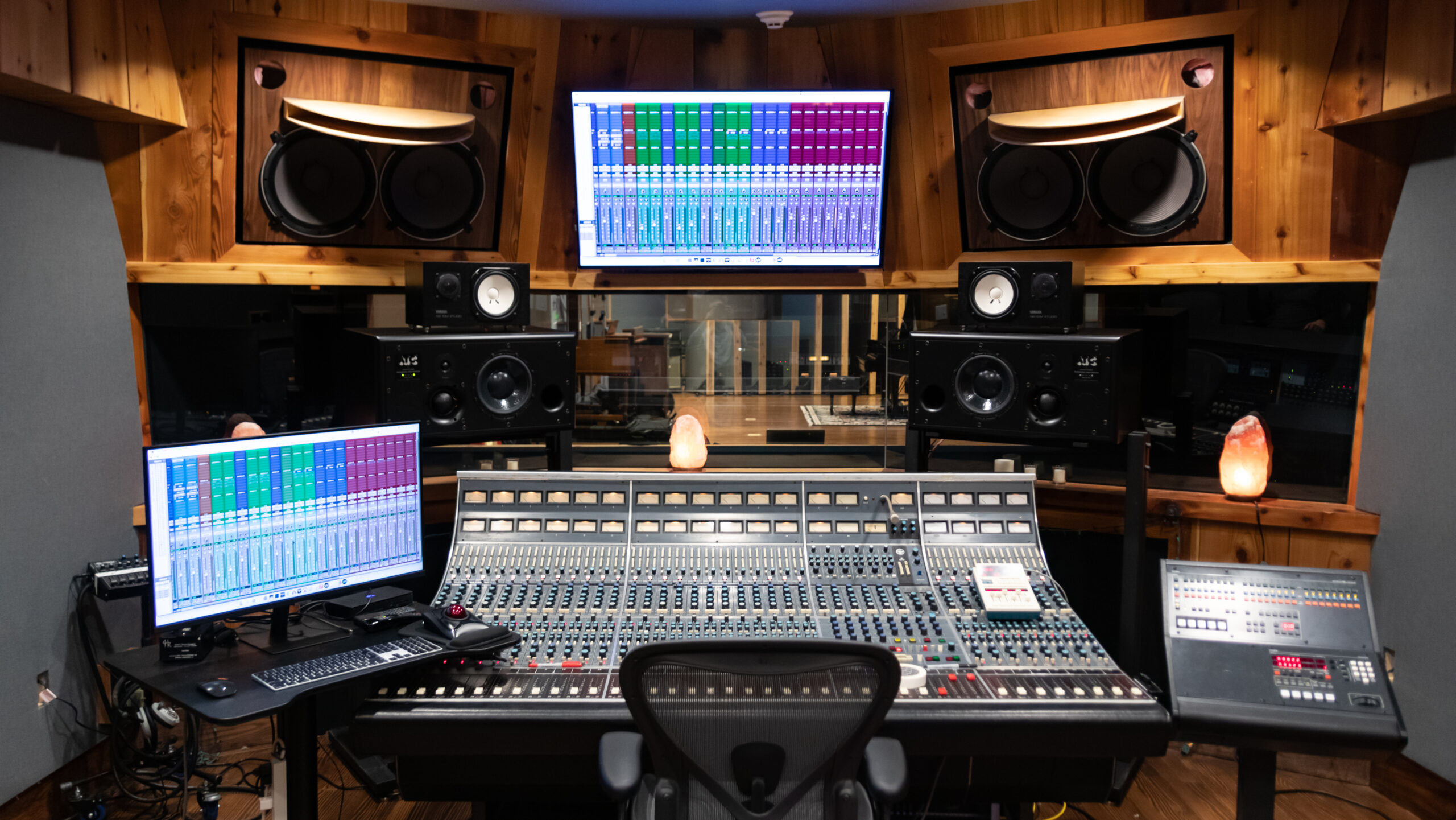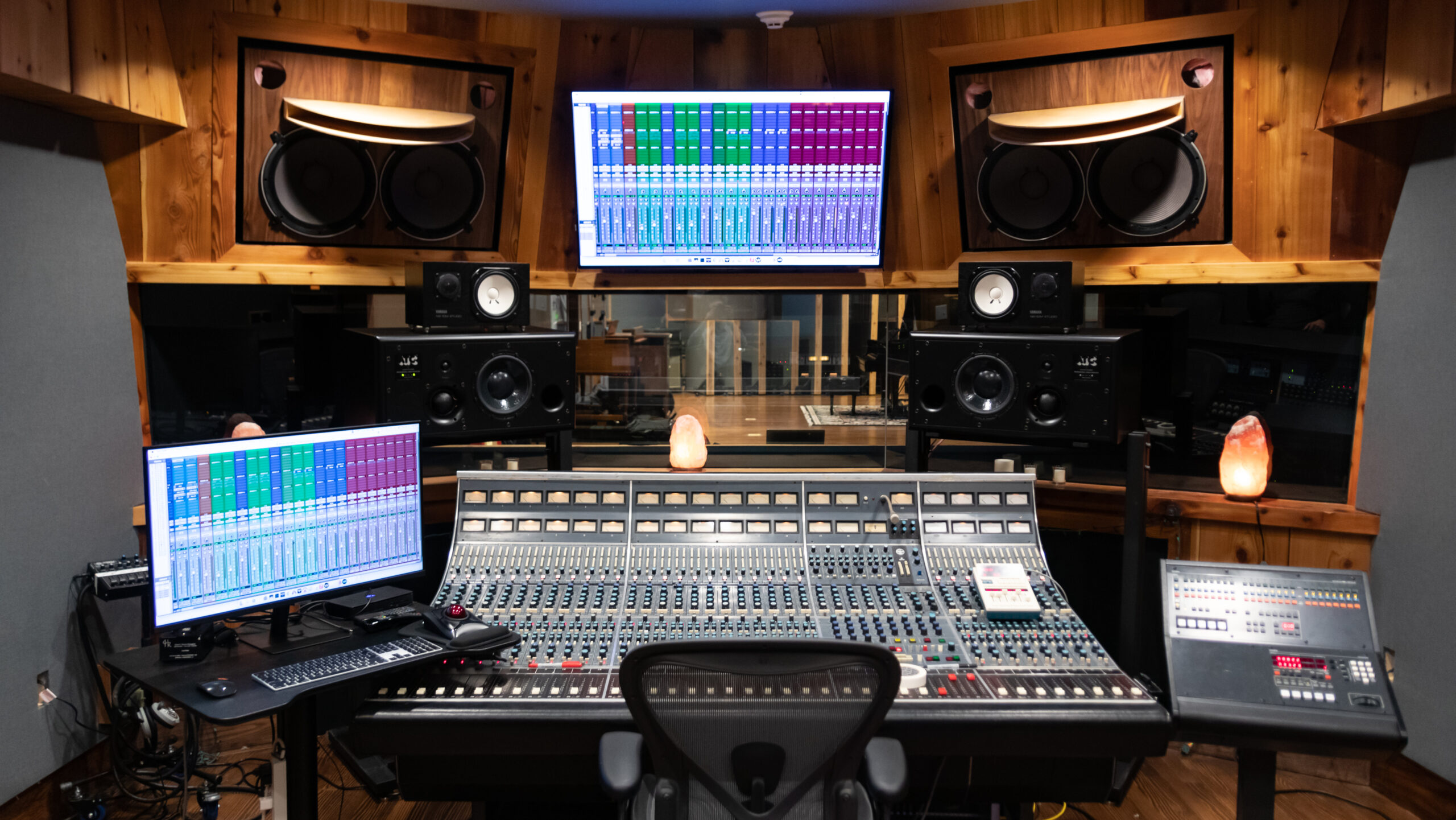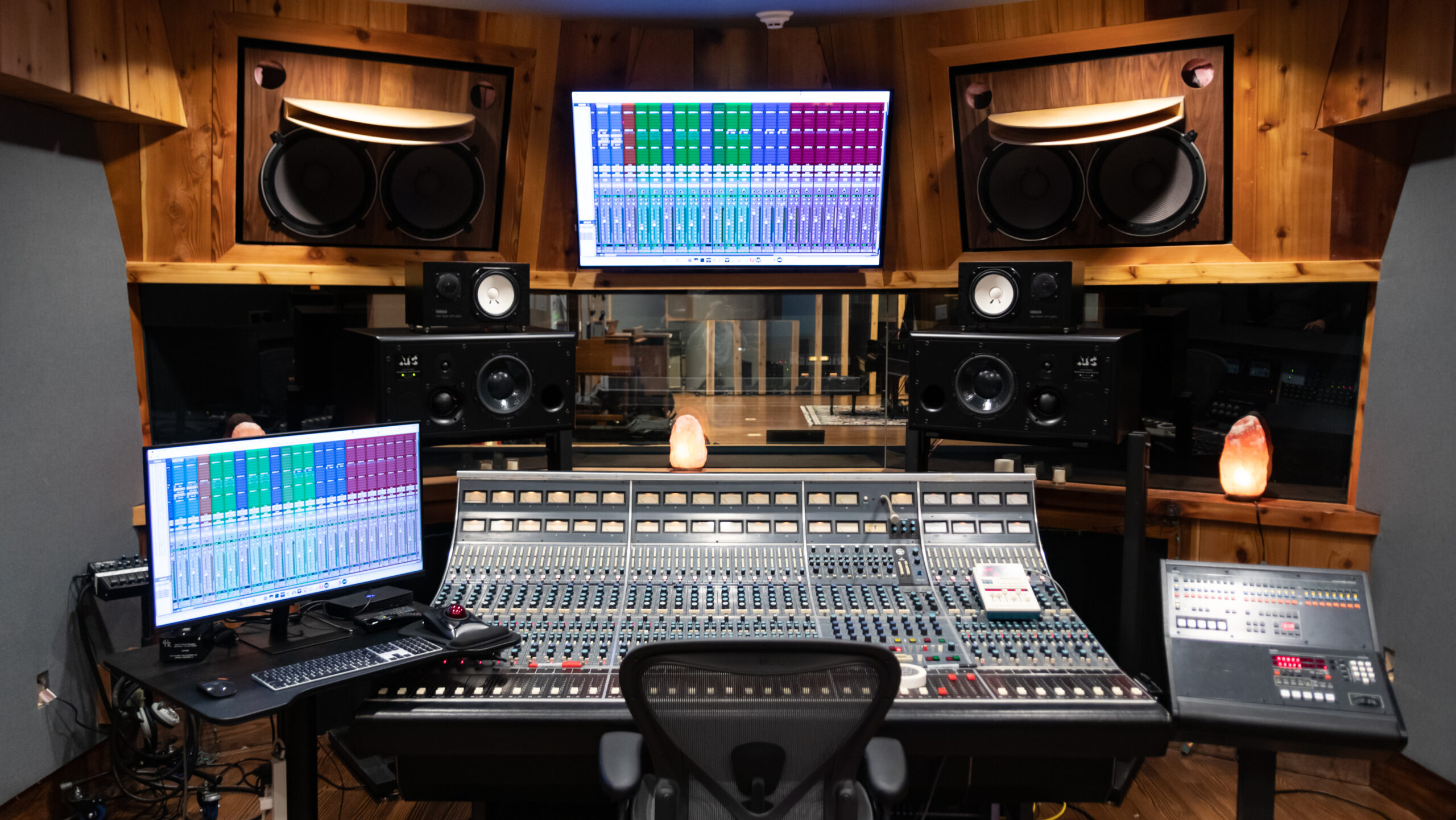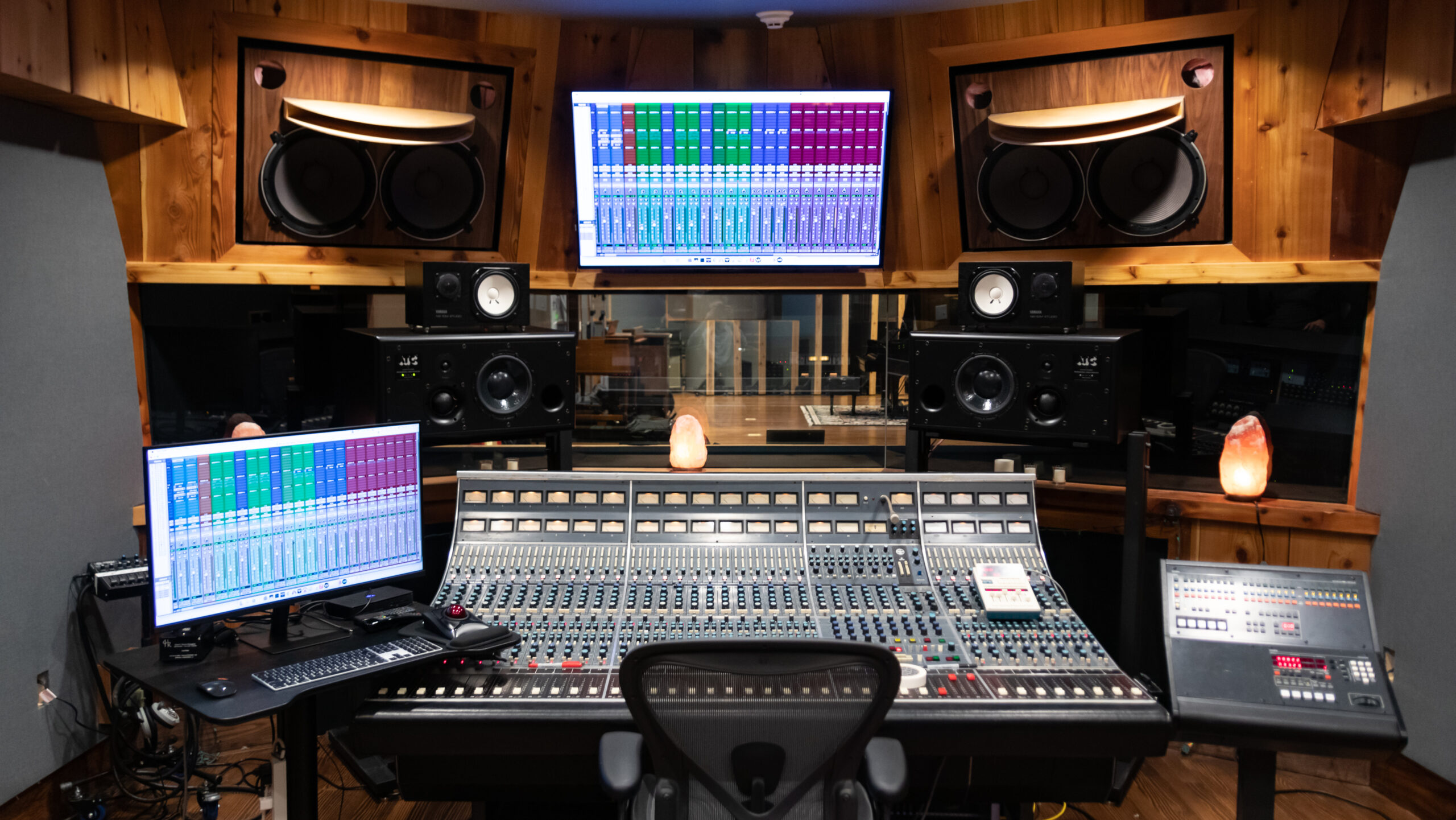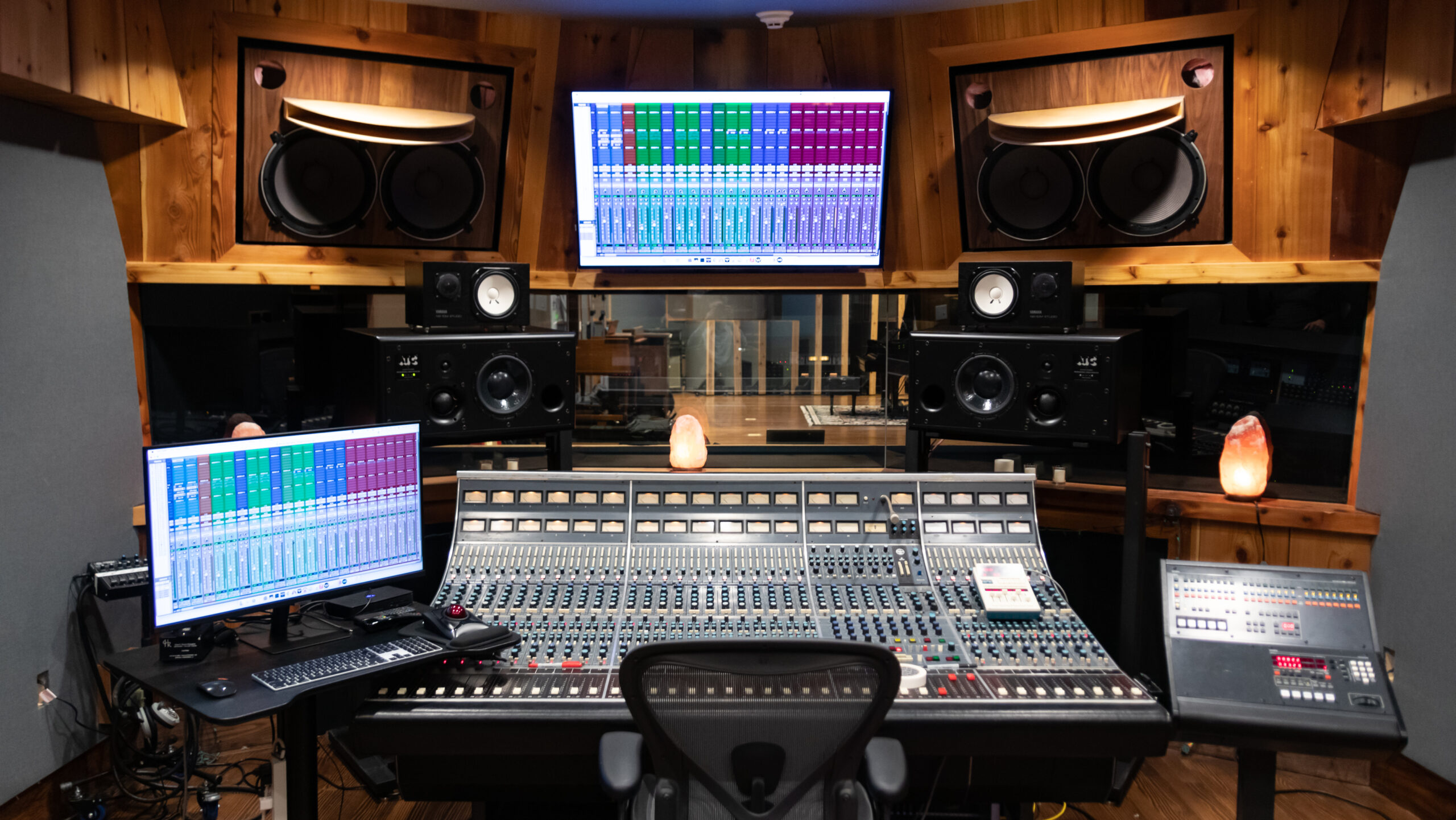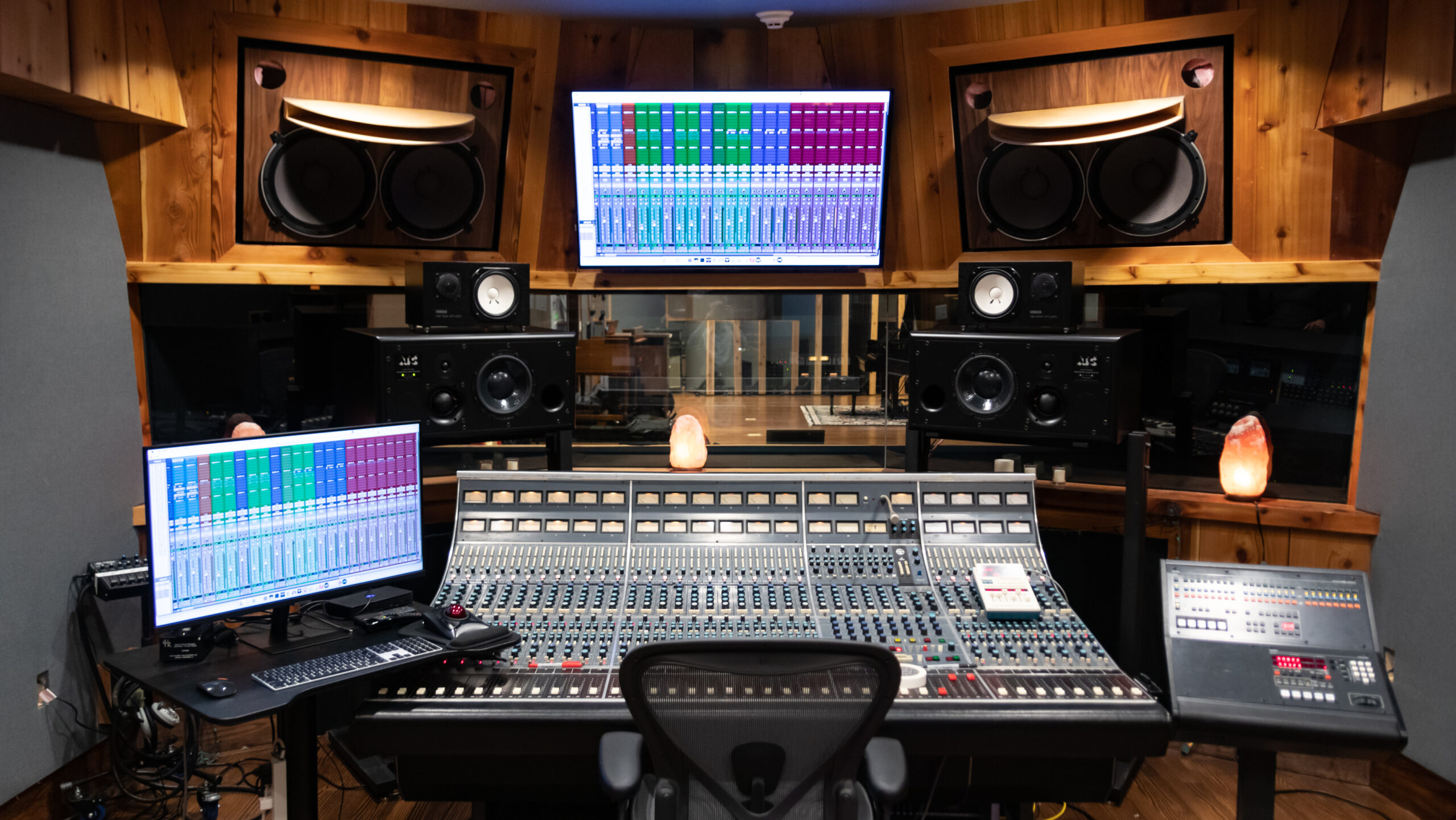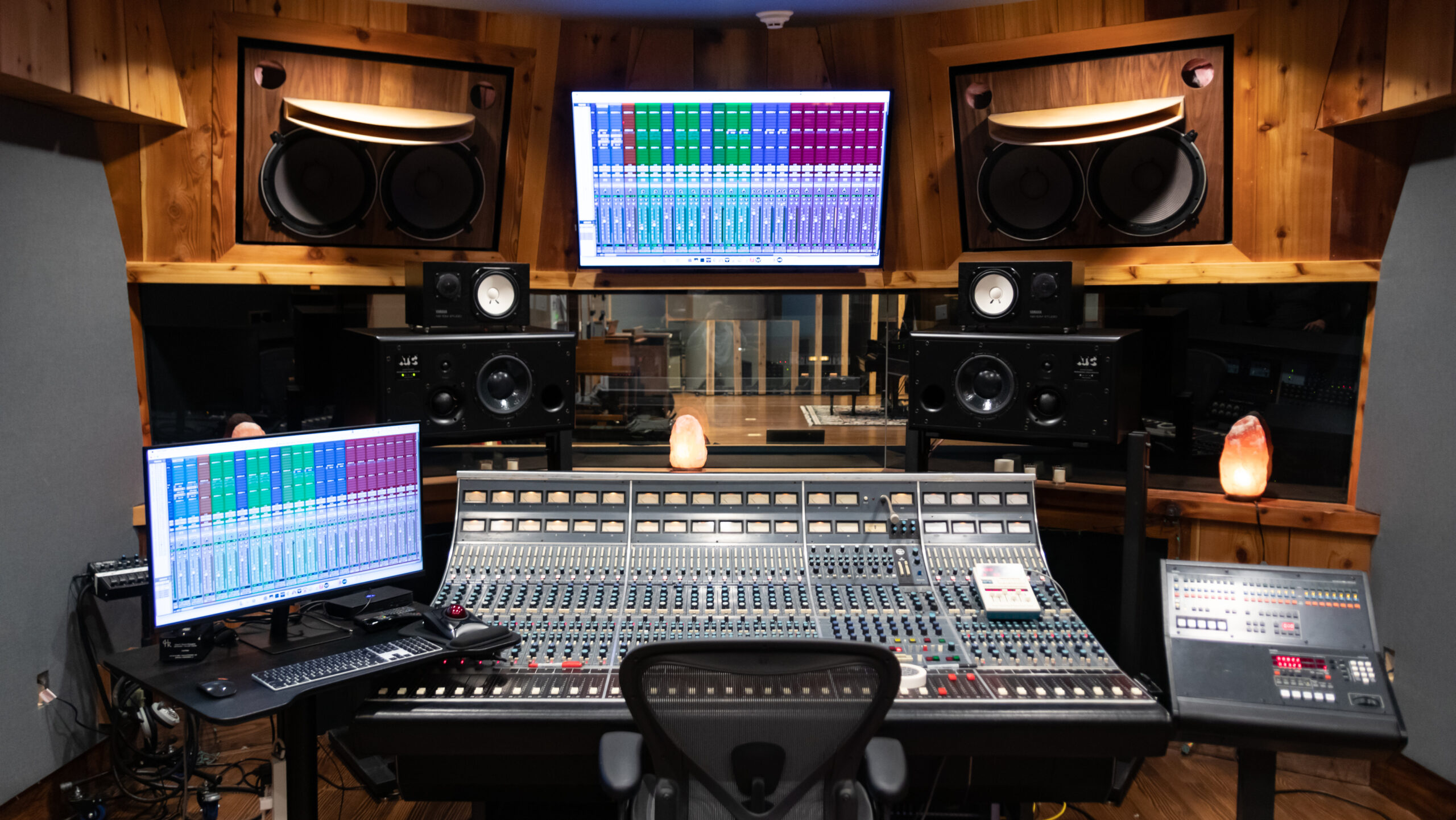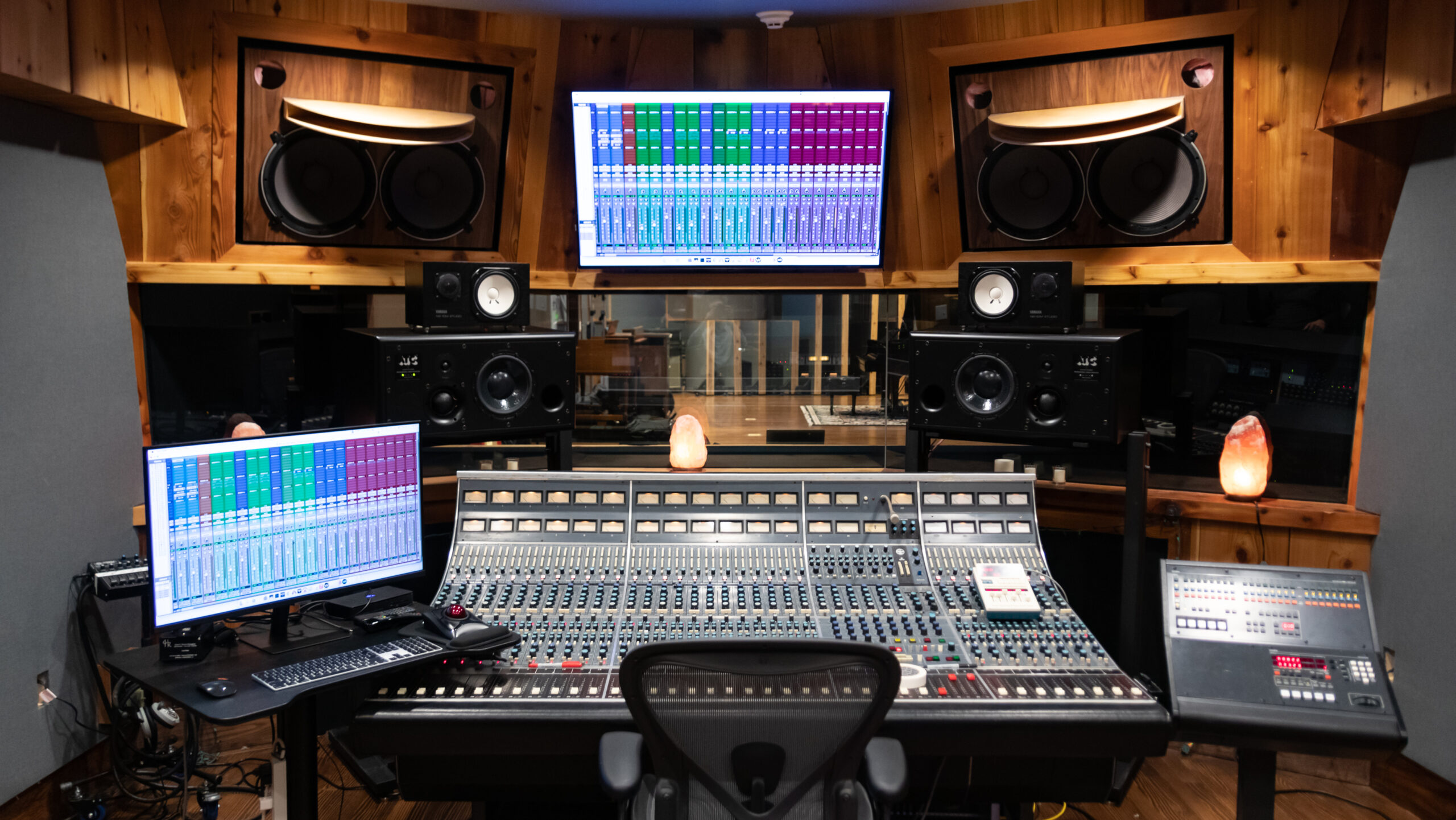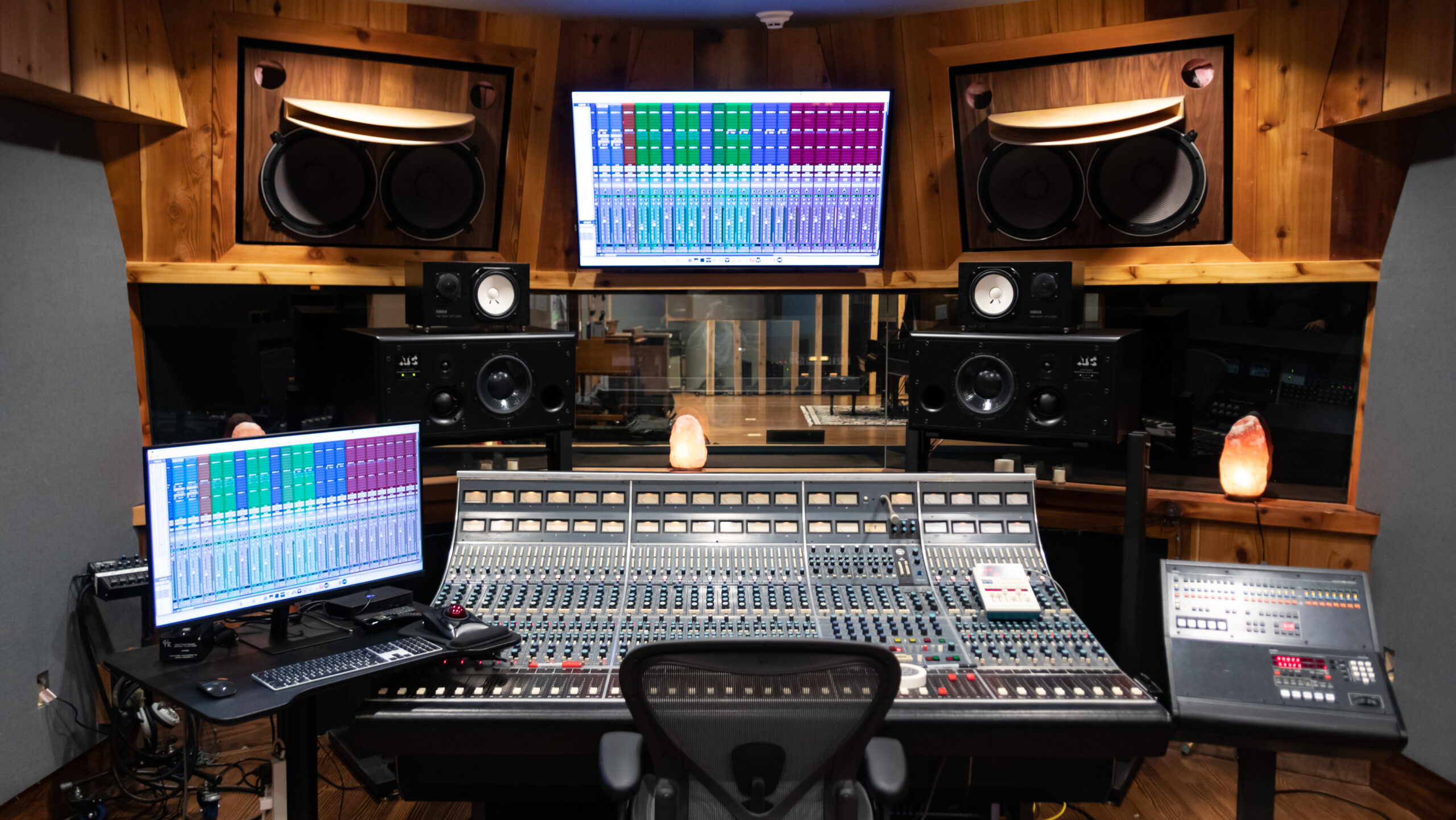The recording industry relies heavily on pristine…
Film Scoring Studio Insurance: Protecting Music Production and Creative Assets
Film scoring studios represent a unique intersection of creative artistry and technical precision, where composers, musicians, and sound engineers collaborate to create the musical backbone of cinema, television, and digital media. These specialized facilities face distinct risks that require comprehensive insurance coverage tailored to their specific operational needs and valuable assets.
Understanding Film Scoring Studio Operations
Film scoring studios are sophisticated facilities equipped with high-end recording equipment, mixing consoles, digital audio workstations, and acoustic treatments designed to capture and produce professional-quality music for visual media. These studios typically house expensive instruments, from grand pianos to full orchestras, alongside cutting-edge technology worth hundreds of thousands of pounds.
The creative process involves multiple stakeholders, including composers, musicians, conductors, sound engineers, and film production teams, each bringing their own potential liability exposures. Sessions often run under tight deadlines with significant financial pressure, as delays can impact entire film production schedules.
Key Insurance Risks for Film Scoring Studios
Equipment and Technology Risks
Film scoring studios rely heavily on specialized equipment that can be extremely costly to replace. Professional mixing consoles can cost £50,000 to £200,000, while high-end microphones, monitors, and digital interfaces add substantial value. Fire, flood, theft, or electrical surge damage could devastate a studio's ability to operate.
Instrument Coverage
Many scoring sessions require expensive instruments, from rare vintage synthesizers to concert-quality pianos. Studios may own these instruments or have them on loan from musicians or rental companies. Damage during recording sessions, transport, or storage presents significant financial exposure.
Professional Liability Exposure
Composers and studio operators face professional indemnity risks related to copyright infringement claims, missed deadlines, or technical failures that impact film production schedules. A single error in rights clearance or a technical malfunction during a critical recording session could result in substantial claims.
Public and Employers Liability
Recording sessions involve multiple people working with heavy equipment in acoustically treated spaces. Slip and fall accidents, equipment-related injuries, or hearing damage from high sound levels create liability exposures for studio operators.
Business Interruption Concerns
Film scoring projects operate on strict deadlines tied to movie release schedules. Equipment failure, fire damage, or other interruptions that prevent studio operation can result in significant lost income and potential claims from production companies for delays.
Cyber and Data Protection Risks
Modern scoring studios store vast amounts of digital audio files, compositions, and client data. Cyber attacks, data breaches, or system failures could compromise valuable intellectual property and violate data protection regulations.
Essential Insurance Coverage for Film Scoring Studios
Commercial Combined Insurance
A comprehensive commercial combined policy provides the foundation of protection for film scoring studios, covering:
- Property Coverage: Protection for the studio building, acoustic treatments, and permanent fixtures against fire, flood, theft, and other perils.
- Contents Insurance: Coverage for recording equipment, mixing consoles, computers, software, and other business contents, including temporary items brought onto the premises.
- Business Interruption: Financial protection for lost income and additional expenses when the studio cannot operate due to covered property damage.
- Public Liability: Protection against claims from third parties injured on the premises or whose property is damaged during studio operations.
- Employers Liability: Mandatory coverage for claims from employees injured during work activities.
Professional Indemnity Insurance
Professional indemnity coverage is crucial for film scoring studios, protecting against:
- Copyright infringement claims related to musical compositions
- Errors in rights clearance or licensing
- Missed deadlines that impact film production schedules
- Technical errors that compromise recording quality
- Breach of confidentiality regarding unreleased film content
Equipment and Instrument Insurance
Specialized coverage for high-value equipment and instruments should include:
- All-risk coverage for owned equipment and instruments
- Coverage for hired or borrowed instruments during sessions
- Transit coverage for equipment moved between locations
- Breakdown coverage for electronic equipment failures
- Replacement cost coverage to ensure adequate protection against inflation
Cyber Liability Insurance
Given the digital nature of modern film scoring, cyber insurance should cover:
- Data breach response and notification costs
- Cyber extortion and ransomware attacks
- Business interruption from cyber incidents
- Third-party liability for compromised client data
- Media liability for online content
Key Person Insurance
For studios dependent on specific composers or sound engineers, key person coverage can protect against the financial impact of losing critical personnel.
Industry-Specific Considerations
Rights and Licensing Complexities
Film scoring involves complex rights management, including synchronization rights, mechanical rights, and performance rights. Insurance should address potential disputes over rights ownership and licensing agreements.
International Productions
Many scoring studios work on international film projects, requiring coverage that extends beyond UK borders and addresses varying copyright laws and production standards.
Technology Evolution
The rapid pace of technological change in audio production means equipment becomes obsolete quickly. Insurance valuations should account for replacement with current technology rather than like-for-like replacement.
Seasonal Variations
Film scoring work often follows seasonal patterns tied to movie release schedules, with busy periods around summer blockbusters and holiday releases. Business interruption coverage should account for these variations.
Risk Management Best Practices
Equipment Maintenance
Regular maintenance and calibration of recording equipment reduces the risk of failures during critical sessions. Documented maintenance schedules can support insurance claims and may qualify for premium discounts.
Security Measures
High-value equipment and unreleased film content require robust security measures, including alarm systems, CCTV, and access controls. These measures not only reduce risk but may lower insurance premiums.
Backup and Recovery Procedures
Comprehensive data backup procedures protect against loss of recordings and compositions. Cloud-based backups provide additional security against local disasters.
Staff Training
Proper training for staff on equipment operation, safety procedures, and confidentiality requirements reduces the likelihood of accidents and professional liability claims.
Contract Management
Clear contracts with clients, musicians, and equipment suppliers help define responsibilities and limit liability exposure. Professional legal review of contracts is advisable.
Claims Examples and Case Studies
Equipment Failure During Major Session
A London scoring studio experienced a critical mixing console failure during the final recording session for a major Hollywood film. The delay cost the production company £75,000 in extended studio time and musician fees. Professional indemnity insurance covered the claim, while business interruption coverage compensated for lost income.
Fire Damage to Historic Studio
A fire in a converted church used as a scoring studio destroyed rare vintage equipment and damaged the building's acoustic properties. Commercial combined insurance covered rebuilding costs and equipment replacement, while business interruption coverage provided income during the six-month restoration period.
Copyright Infringement Claim
A composer working at a scoring studio faced a £200,000 copyright infringement claim alleging unauthorized use of a melody in a film score. Professional indemnity insurance covered legal defense costs and ultimately settled the claim for a fraction of the original demand.
Choosing the Right Insurance Provider
Specialist Knowledge
Select insurers with experience in entertainment industry risks who understand the unique exposures of film scoring studios. Generic commercial policies may not provide adequate coverage for industry-specific risks.
Policy Flexibility
Look for policies that can be adjusted for varying project sizes and seasonal business fluctuations. Some insurers offer project-specific coverage for major scoring assignments.
Claims Handling
Choose insurers with proven track records in handling entertainment industry claims promptly and fairly. Quick claims resolution is crucial when projects are on tight deadlines.
Risk Management Support
Some insurers provide risk management services, including security assessments and equipment valuations, which can help reduce premiums and improve protection.
Cost Factors and Premium Considerations
Studio Value and Location
The value of equipment and instruments, along with studio location, significantly impacts premiums. Studios in high-crime areas or flood-prone locations face higher costs.
Claims History
Previous claims experience affects premiums, making effective risk management and loss prevention crucial for long-term cost control.
Security Measures
Investment in security systems, fire suppression, and other protective measures can reduce premiums and improve coverage terms.
Business Size and Scope
Larger studios with more complex operations typically face higher premiums but may benefit from economies of scale in coverage.
Regulatory and Compliance Considerations
Health and Safety Requirements
Film scoring studios must comply with health and safety regulations, particularly regarding noise exposure and electrical safety. Non-compliance can void insurance coverage.
Data Protection Compliance
Studios handling client data must comply with GDPR and other data protection regulations. Cyber insurance should include regulatory defense coverage.
Planning Permission and Building Regulations
Studios in converted buildings must ensure proper planning permission and building regulation compliance to maintain insurance validity.
Future Trends and Emerging Risks
Remote Collaboration Technology
Increasing use of remote collaboration tools for film scoring creates new cyber risks and may require coverage adjustments for distributed operations.
Artificial Intelligence in Music Production
Growing use of AI in composition and production raises questions about copyright ownership and professional liability that insurance policies must address.
Environmental Regulations
Increasing environmental regulations may impact studio operations and create new compliance risks requiring insurance consideration.
Streaming Platform Growth
The explosion of streaming content creates more opportunities for scoring work but also increases competition and potential liability exposures.
Conclusion
Film scoring studios operate in a unique environment where creative artistry meets technical precision, creating specialized insurance needs that require careful consideration and expert guidance. Comprehensive coverage must address property risks, professional liabilities, cyber exposures, and business interruption concerns while remaining flexible enough to accommodate the dynamic nature of the entertainment industry.
Working with insurance professionals who understand the film scoring industry ensures that coverage keeps pace with evolving risks and business needs. Regular policy reviews and risk assessments help maintain adequate protection as studios grow and technology advances.
The investment in comprehensive insurance protection allows film scoring studios to focus on their creative mission while knowing they are protected against the various risks inherent in their specialized field. This protection not only safeguards the studio's assets and operations but also provides peace of mind to clients who depend on reliable, professional service for their critical film projects.
For film scoring studios seeking comprehensive insurance protection tailored to their unique needs, professional guidance from experienced commercial insurance brokers ensures optimal coverage at competitive rates. The complexity of risks in this specialized field makes expert advice invaluable for making informed insurance decisions.


 0330 127 2333
0330 127 2333
